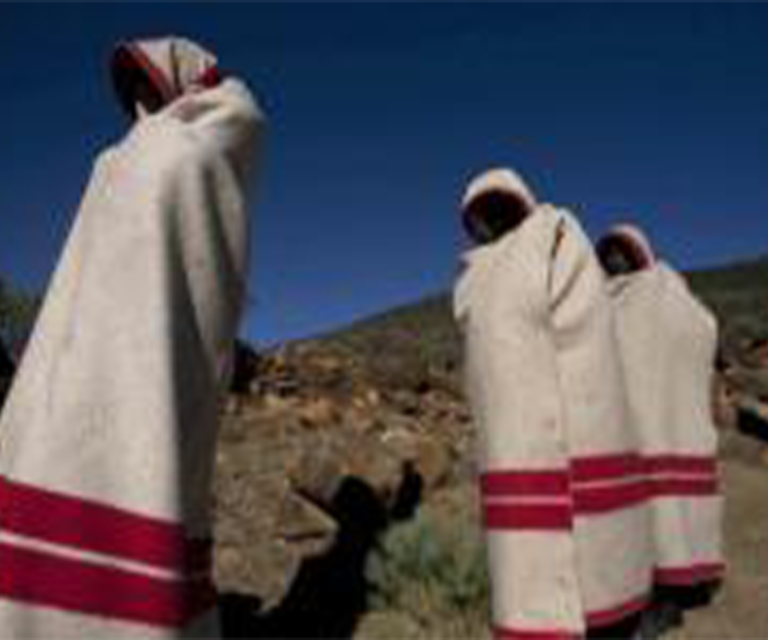Customary initiation is a deeply respected rite of passage in South Africa. It’s a tradition that has been passed down through generations, marking the transition from childhood to adulthood. As someone who grew up hearing stories about these practices, I’ve always been fascinated by their significance in our culture.
In 2021, the Customary Initiation Act was introduced to protect initiates and maintain the integrity of these traditional practices. This act was a big step forward in ensuring that our cultural heritage is preserved while also keeping our young people safe.
Role of the Customary Initiation Act
The Customary Initiation Act brought about some important changes. It set up two key groups: the National Initiation Oversight Committee (NIOC) and Provincial Initiation Coordinating Committees (PIOCs). These committees play a crucial role in making sure that health and safety standards are met during initiation practices.
I remember when this act was first introduced. Many of us were hopeful that it would help address some of the concerns we’d had about initiation practices for years. It felt like a positive step towards combining our traditions with modern safety standards.
Minister Hlabisa’s Call for Vigilance and Preparedness
Recently, Minister Velenkosini Hlabisa gave a media address that struck a chord with me. He emphasized the need for careful preparation and sticking to the rules set out in the Act. What I found particularly inspiring was his call for teamwork among traditional leaders, communities, and law enforcement to ensure safe initiation practices.
It reminded me of the old saying, “It takes a village to raise a child.” In this case, it takes a whole community to ensure a safe initiation season.
Safety Protocols and Health Requirements
The safety protocols put in place are quite comprehensive. They include health checks, making sure initiates stay hydrated, and having access to medical care if needed. Given the extreme summer heat we’re expecting, there’s also a requirement for mandatory pre-season health screenings for initiates.
I can’t help but think how much peace of mind this must give to parents. Knowing that these safety measures are in place must make it easier for them to support their children’s participation in this important cultural practice.
Parental Consent and Registration Requirements
One of the things I appreciate about the Act is how it involves parents in the process. Initiation schools are required to get parental consent and complete registration at least three months before the season begins. This is so important in preventing unauthorized or illegal initiation schools from operating.
As a parent myself, I know how crucial it is to feel involved and informed about significant events in our children’s lives. This requirement helps ensure that parents are fully aware of what their children are undertaking.
Collaboration with Law Enforcement to Combat Illegal Initiation Schools
Minister Hlabisa has urged law enforcement to play an active role in shutting down unregistered or unsafe schools. This is where we all come in as community members. We have a responsibility to report any illegal schools we might hear about. It’s about protecting our young people from potentially exploitative practices.
I’ve heard stories of communities coming together to tackle this issue, and it’s truly heartening. It shows how we can all play a part in keeping our traditions safe and meaningful.
Government’s Broader Preparedness Efforts
It’s not just about the initiation practices themselves. The government is also taking steps to be prepared for other challenges. CoGTA is working with the National Treasury to secure disaster funding for infrastructure repair and disaster response. They’ve also strengthened their partnership with the South African Weather Service (SAWS) to improve early-warning systems for extreme weather events.
This broader approach to preparedness makes me feel more confident about how we’re handling not just initiation seasons, but other potential challenges as well.
Emphasizing Collaboration and Resilience
Minister Hlabisa’s statement about the need for a collaborative approach to enhance safety for initiates really resonates with me. It’s clear that by working together, we can ensure that our cultural practices remain both meaningful and safe.
As we move forward, I’m hopeful about how we’re combining our cherished traditional customs with modern safety standards. It’s all about preserving our cultural heritage while prioritizing the well-being of our young initiates. After all, they are the ones who will carry our traditions into the future.

